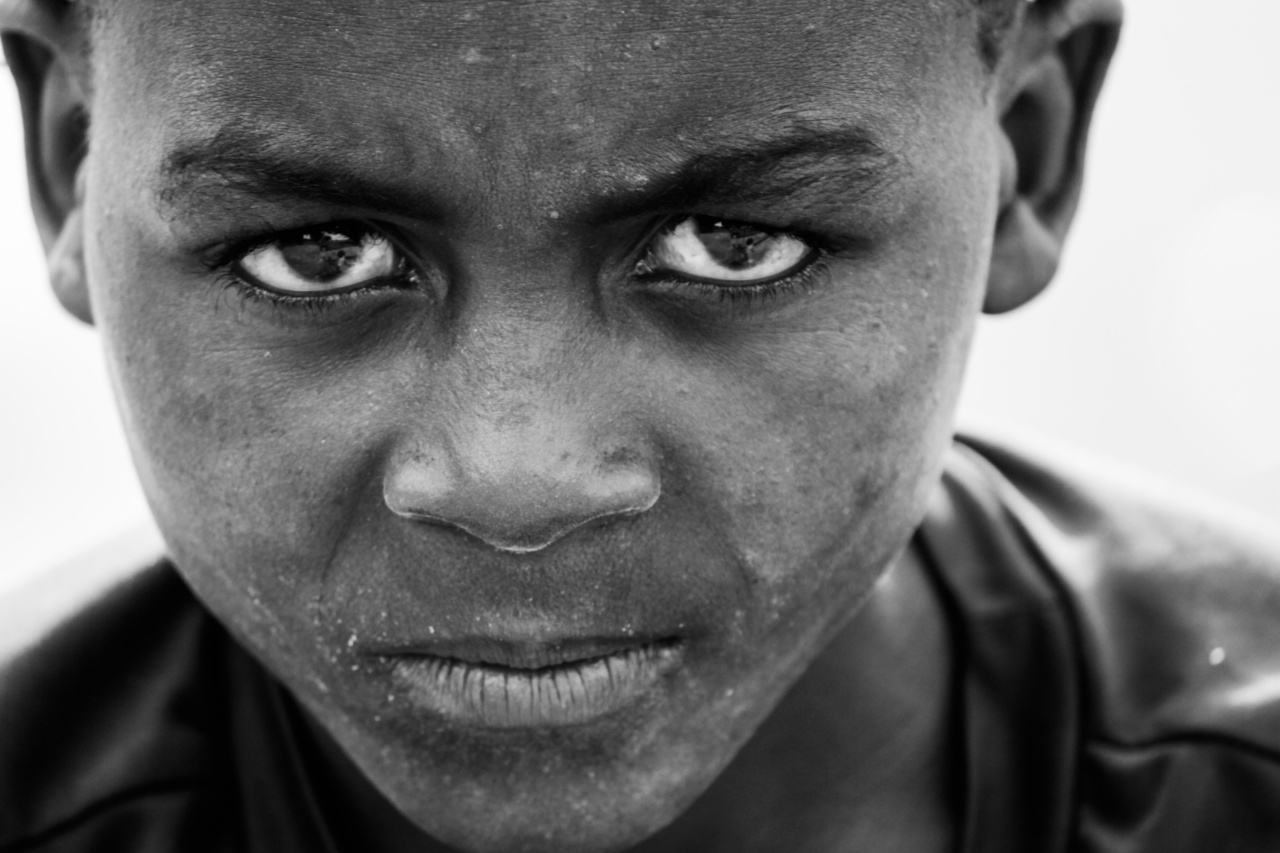Meningitis is a serious medical condition characterized by the inflammation of the meninges, the protective membranes surrounding the brain and spinal cord. It can affect people of all ages, but it is particularly concerning in children.
Identifying the signs of meningitis in kids is crucial for prompt diagnosis and timely treatment. In this article, we will discuss the common symptoms to look out for in children and provide essential information to help parents and caregivers recognize these signs.
1. High Fever
One of the most noticeable signs of meningitis in children is a high fever. In most cases, the fever will exceed 100.4°F (38°C).
It is important to note that not all fevers are indicative of meningitis, as children can experience elevated temperatures due to various reasons. However, when coupled with other symptoms, a persistently high fever should not be ignored.
2. Severe Headache
Children with meningitis may complain of a severe headache. They may describe the pain as intense, throbbing, or persistent.
Pay attention to any complaints of head discomfort, especially if they seem to be occurring more frequently or if the intensity is unusual for your child.
3. Stiff Neck
A stiff neck is a classic symptom of meningitis, particularly in older children who can communicate their discomfort. Your child may find it difficult to move their neck forward, touch their chin to their chest, or turn their head from side to side.
Observe their neck movements closely and seek medical attention if stiffness persists.
4. Sensitivity to Light
Meningitis can cause sensitivity to light, known as photophobia. If your child avoids bright lights or complains of discomfort when exposed to light, it could indicate meningitis.
Consider this symptom in conjunction with other signs to determine the best course of action.
5. Unusual Skin Rash
In some cases, meningitis can lead to the development of a skin rash, which may appear as small red or purple spots on the body. The rash may resemble tiny pinpricks or larger blotches.
Keep in mind that not all children with meningitis will develop a rash, but if it does occur, it is crucial to seek medical attention immediately.
6. Irritability and Changes in Behavior
If your child becomes unusually irritable, restless, or is exhibiting changes in behavior, it could be a potential sign of meningitis. Pay attention to any alterations in their sleeping patterns, eating habits, or level of activity.
These changes are important to note to assist healthcare professionals with accurate diagnosis.
7. Nausea and Vomiting
Meningitis can cause children to experience nausea and vomiting. If your child vomits without any apparent cause or displays persistent episodes of nausea, it should not be ignored.
Nausea and vomiting, when associated with other symptoms, can be a warning sign of meningitis.
8. Seizures
In some cases, children with meningitis may experience seizures. Seizures can range from mild, with subtle trembling or jerking movements, to more severe convulsions.
If your child has a seizure, it is a medical emergency, and immediate medical attention is crucial.
9. Bulging Fontanelle
The fontanelle is the soft spot on top of a baby’s head where the skull bones have not yet fully fused together. Meningitis can cause the fontanelle to bulge, indicating increased pressure within the skull.
If you notice a bulging fontanelle in your baby, seek urgent medical care.
10. Lethargy and Poor Responsiveness
Children with meningitis may appear unusually lethargic, drowsy, or have poor responsiveness. They may be difficult to awaken or display decreased interest in their surroundings.
If your child is unresponsive or difficult to arouse, it is imperative to seek immediate medical attention as it may signify a severe case of meningitis.
Conclusion
Meningitis can be a life-threatening condition in children if not promptly recognized and treated. Being aware of the signs of meningitis in kids is crucial for early intervention.
Remember, this article serves as a guide and should not substitute professional medical advice. If you suspect your child may have meningitis, contact a healthcare professional immediately for appropriate diagnosis and treatment.



























